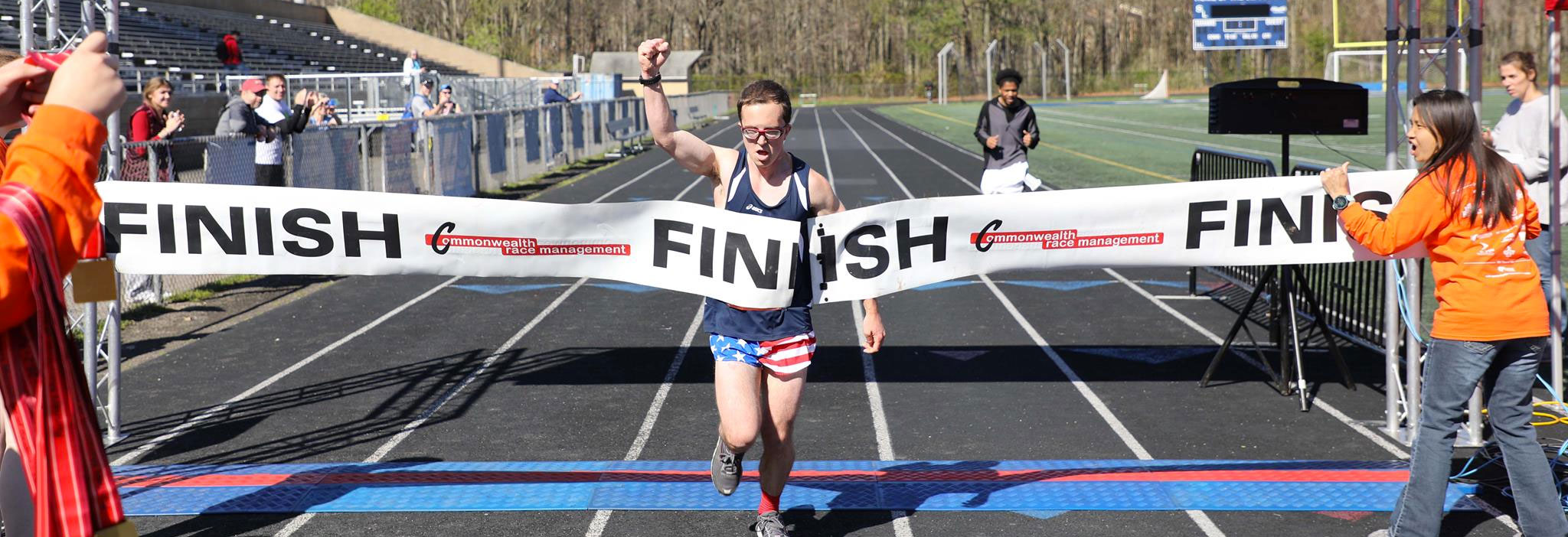The Lone Runner Series: Sleep During Marathon Training
The Importance of Sleep During Marathon Training by Ben Connelly
Many adults do not sleep enough.[1] Scientists have documented the serious dangers of too little sleep,[2] and many people have heard about the benefits of sleep, but some of them still do not sleep enough.
Sleep becomes more important during periods of strenuous physical training. Athletes need more sleep than nonathletes. And athletes need more sleep during intense training peaks than they do during recovery periods. Runners, especially those training for marathons, need to prioritize sleep for the following reasons:
- Full Recovery Requires Sleep: In order to fully benefit from your long runs and workouts, you need to let your body recover. Sleep is crucial to that recovery.[3] Without it, you will not fully recover between workouts, meaning that you will not reap the full physiological benefits from them.
- Increasing Mileage Increases Your Need for Sleep: When you run high mileage, your body’s need for sleep increases. You may notice more fatigue and sleepiness. You may even find yourself falling asleep during the day, or earlier at night. Especially when your weekly mileage climbs above 60, 70, 80, or even 90, you will need to prioritize sleep.
- Not Sleeping Enough Increases Injury Risk: High mileage and hard training already increase your injury risk. If you do not sleep enough, you will increase your risk of injury,[4] illness, and overtraining syndrome even further.
How Much Sleep Do You Need?
Most adults require 7-9 hours of sleep per night. Athletes need even more. During marathon training, you may need 8-10 hours of sleep. Many elite runners sleep much longer than the average adult:
- During training, Paula Radcliffe slept 9-10 hours at night and “another couple of hours in the afternoon.”[5]
- While training to break 2 hours in the marathon, Eliud Kipchoge slept 8 hours each night, and also took a 2-hour nap during the day.[6]
- Desiree Linden said that she gets 8 hours at night “and a daily nap.”[7]
- Shalane Flanagan and Deena Kastor both reportedly sleep up to 10 hours a night.[8]
Like them, you should strive to sleep enough during training. Work and family commitments may make prioritizing sleep difficult, but you can try a few strategies:
- During training, cut back on social gatherings in the evenings. Sacrifice nights out until after your race.
- Sleep more on weekends. When you have extra time, try to catch up on sleep.
- Communicate with family about your increased need for sleep, and ask them to accommodate you during your training.
- Increase your sleep as you taper. Shorter runs mean more time for sleep, especially if you wake up early to run.
- Prioritize sleep in the final week before your race (10 hours every night, if possible).
Even if you cannot sleep 10 hours a night, try to sleep more than usual. Prioritizing sleep will help you recover better, ensure you fully benefit from your workouts, and help you avoid injury, illness, and overtraining.
Citations:
[1] https://www.cdc.gov/sleep/data_statistics.html
[2] https://peterattiamd.com/matthewwalker1/
[3] https://www.thieme-connect.de/products/ejournals/abstract/10.1055/a-0905-3103
[4] https://journals.lww.com/acsm-csmr/Fulltext/2017/11000/Sleep_and_Athletic_Performance.11.aspx
[5] https://www.womensrunning.co.uk/training/paula-radcliffes-marathon-tips/
[6] https://www.runnersworld.com/uk/news/a28299379/kipchoge-sleeps-for-this-many-hours-every-day/
[7] https://furthermore.equinox.com/articles/2019/04/q-a-des-linden-boston-marathon
[8] https://www.runnersworld.com/health-injuries/a20851850/how-to-get-better-sleep-as-a-runner/
Ben Connelly is a freelance writer and an experienced runner. He has written multiple e-books on running and general fitness, including a marathon training guide, which you can purchase here. You can find him at his Amazon Author page, or at his website.


